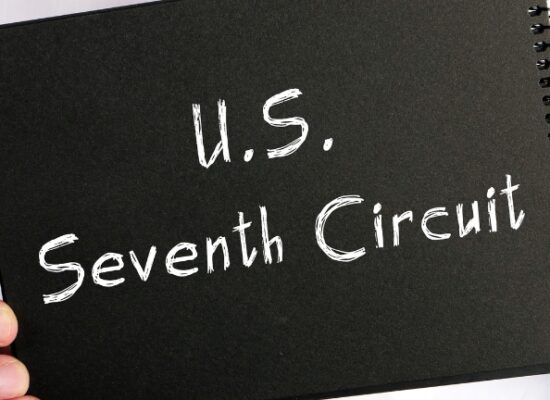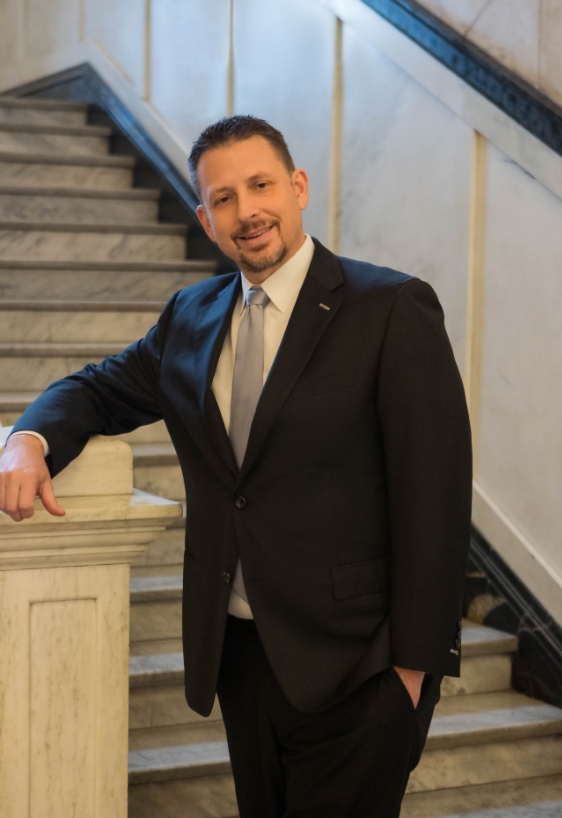United States v. Flores, 1) – IL Traffic Stop for License Plate Bracket

Unreasonable Pursuant to IV Amendment
I’ve identified this case as one I’ve wanted to blog about since it came out in August. But, life, other cases, my favorite television episodes, motivation, and the usual excuses didn’t allow me to get to it until now, so please excuse the tardiness.
Over the years, as a Bloomington, Illinois criminal defense attorney, it has been difficult to digest how judges and courts will twist and turn caselaw to obtain the desired result they want in a particular case. This is especially true when it comes to the IV Amendment and the many different ways judges will carve up exceptions, just like that turkey we had this past Thanksgiving. More times than not, if a police officer wants to find a reason for a traffic stop they can find one; even if they can’t find a reason, they can just manufacture one. Even when the basis for the stop appears to be manufactured, judges are seldom going to grant a motion to suppress filed by a criminal defense attorney if there’s a lot on the line, such as a big shipment of cocaine, a large amount of cannabis, or most any other nefarious criminal activity. Some Judges, just like the prosecutors who file the cases, don’t want to look soft on crime or let a criminal walk, because of a technicality. When a judge does stick his or her neck out there, the appellate court will often overturn the judge who did. Stops I’ve personally witnessed upheld over the years include cases involving windshield obstruction, license plate obstruction, license plate light illumination, tires barely touching fog lines, lane drifting, and of course the failure to signal within 100 ft. variety (625 ILCS 5/11-804(b)).
One of the cases that chapped my ass the most was the license plate light that was functioning, but was a little dim because of dirt or dust. Illinois law requires a license plate light bright enough so that the license plate can be seen from a distance of 50 feet or more (625 ILCS 5/12-201) . My argument at the motion to suppress hearing was that you can light a freakin’ match next to the reflective material of a license plate in the country, and that sucker can be seen a 1/4 mile or more away. Well, of course, the judge didn’t buy my argument, but I still believe it to be true – try it out. In any event, this past summer, the United States Court of Appeals for the Seventh Circuit actually put its foot down with respect to one of these manufactured stops. United States v. Flores, 798 F.3d 645 (7th Cir. Ill. 2015). The basis for the stop in this particular case was the officer’s “belief” that a standard license plate frame obstructed the license plate enough that it violated Illinois Law (735 ILCS 5/3-413(b)).
In April 2014, Mr. Hernandez Flores was on a highway in Illinois on his way to Columbus, Ohio from Tijuana, Mexico. Flores, 798 F.3d at 647. Of course, Mr. Flores was ridin’ dirty, and was carrying 5 kilos of heroin. Id. However, Mr. Flores, unlike a lot of my former clients, appeared to be obeying the traffic laws of the state. After the initial traffic stop, the trooper that stopped him called for the assistance of a K-9 unit, which of course alerted, which then led to the search that resulted in the troopers finding the 5 kilos in a compartment in the engine. Id. The trooper testified that he could read the uncovered portion of the license plate, but decided to stop Mr. Flores anyway. The trooper also told the trial judge that he pulled the vehicle over for what he believed was “‘the improper display of license plate due to it covering a portion of Baja California and whatever may be above it that was unknown.’” Id. at p. 646.
Relying on the Illinois Supreme Court’s recent decision in People v. Gaytan 2), relating to the stop of a motorist for a trailer hitch that the arresting officer believed violated the plate-display statute, the 7th Circuit held that the common-place plate frame like the one that covered Flores’ plate was not unlawful, because to hold otherwise would result in making a substantial amount of lawful conduct otherwise illegal. Flores, 798 F.3d at 648 (citing Gaytan, 32 N.E.2d at p. 650). Although the court found that the license plate frame did not violate Illinois’ plate-display statute, it still had to decide whether or not the trooper that stopped Mr. Flores reasonably believed that the plate frame did violate the statute. Surprisingly to me, and as a triumph for the 4th Amendment, the 7th circuit held that the trooper’s belief was not reasonable. Id. at 649. The 7th Circuit reasoned that Illinois law requires only that the plate’s information be clearly visible and legible. Because the frame did not impede a reasonable officer from reading the plate, then it was unreasonable to believe that the plate’s information was not clearly visible and legible. Id. In support of its opinion, the court wrote:
The government replies that even though the uncovered information was readable, [the trooper] reasonably suspected that the frame masked information above the top lettering, so the entire plate was not clearly visible. But that possibility proves too much: it is true of all similar frames. If [the trooper’s] suspicion—that the frame covered “another state or region” in the plate’s periphery—were reasonable, then it would justify stopping any of the vast number of cars driven lawfully but affixing plates with the ubiquitous frames like the one in this case. A suspicion so broad that would permit the police to stop a substantial portion of the lawfully driving public, unless the drivers all removed their plate frames, is not reasonable.
Id. (citing United States v. Alvarado-Zarza, 782 F.3d 246, 250 (5th Cir. 2015); United States v. $45,000.00 in U.S. Currency, 749 F.3d 709, 716 (8th Cir. 2014); Whitfield v. United States, 99 A.3d 650, 652 (D.C. 2014).
This criminal defense lawyer in Bloomington says, chalk one up for the IV Amendment.
References
1.↑798 F.3d 645 (7th Cir. Ill. 2015)2.↑32 N.E.3d 641 (Ill. 2015) (a case from right here in McLean County)

